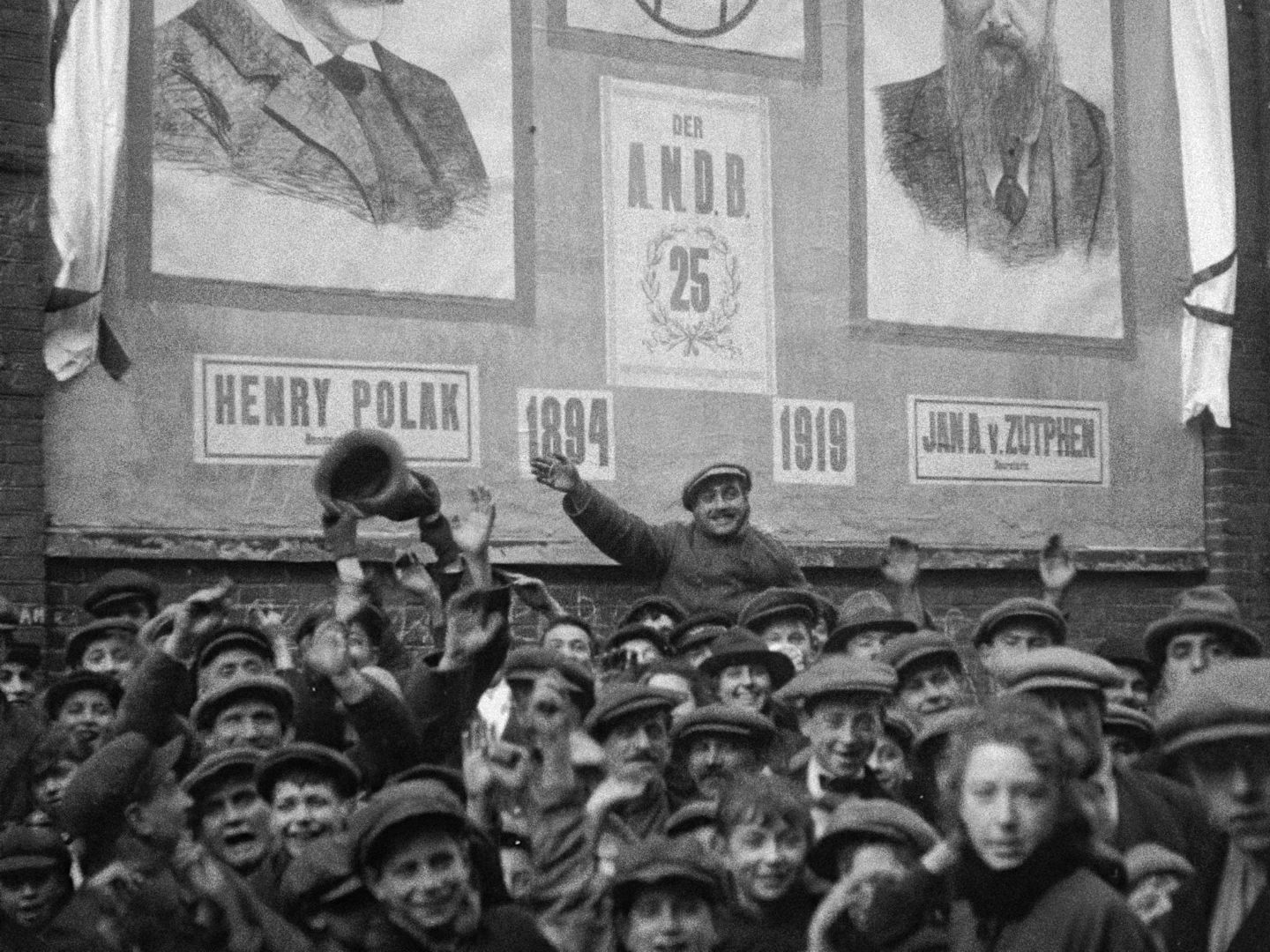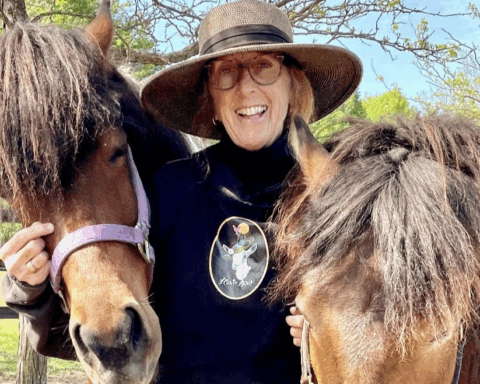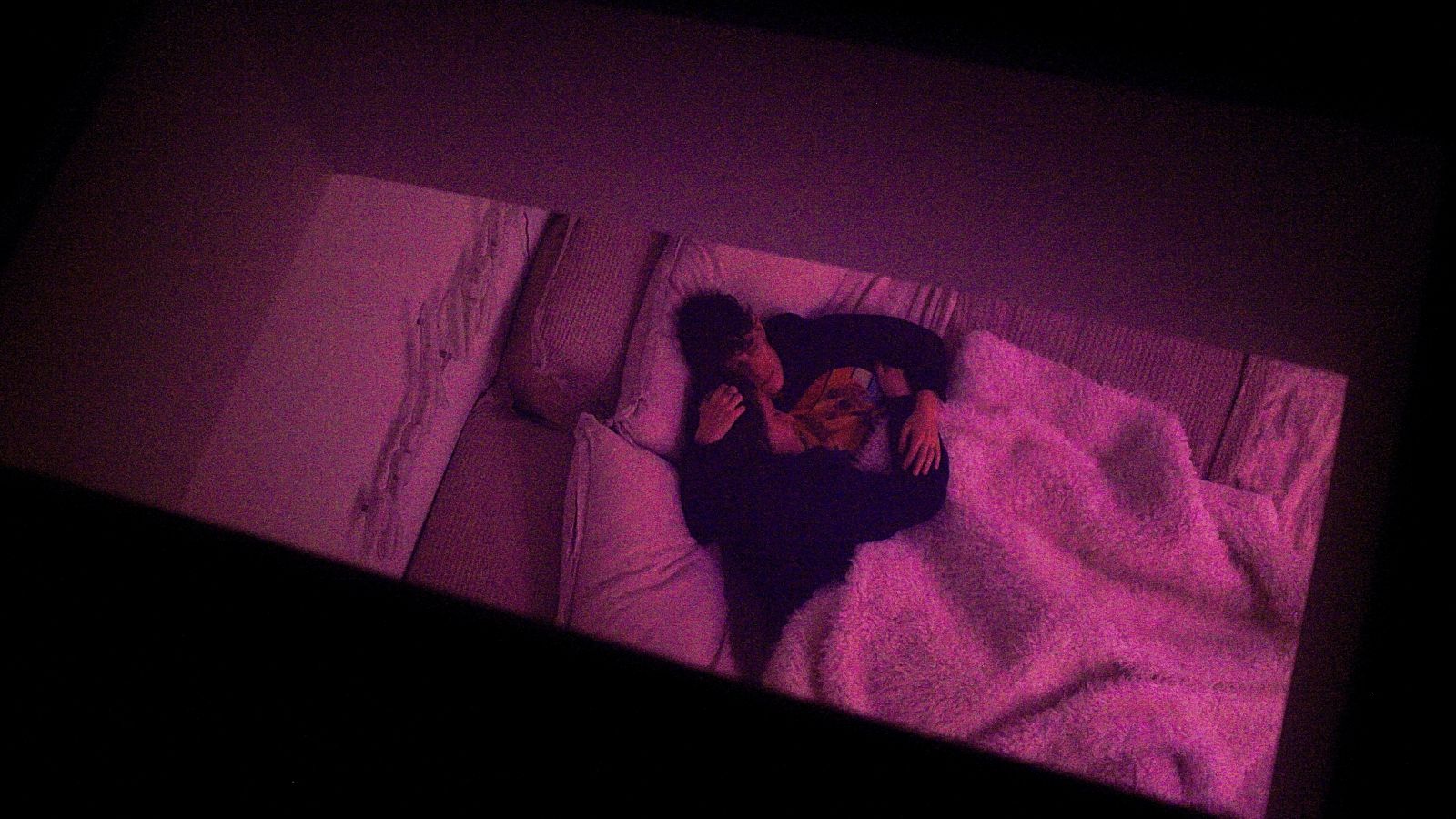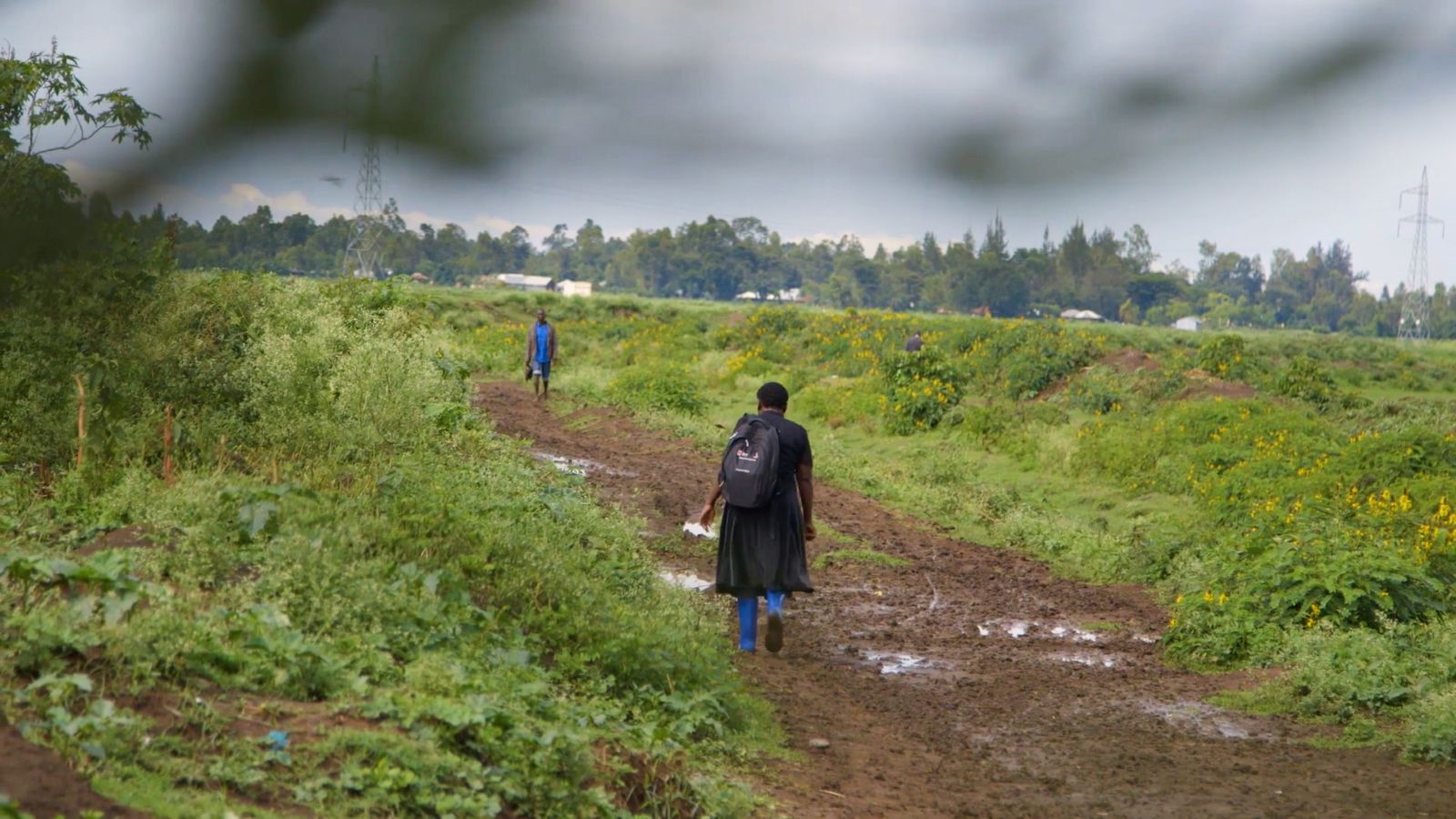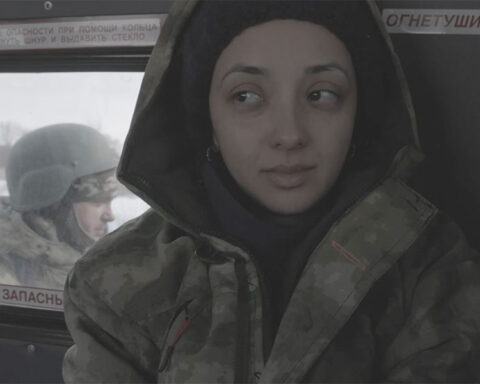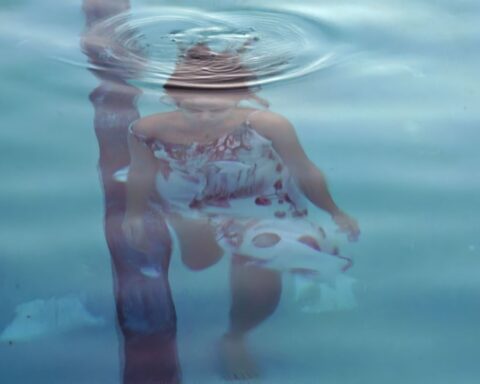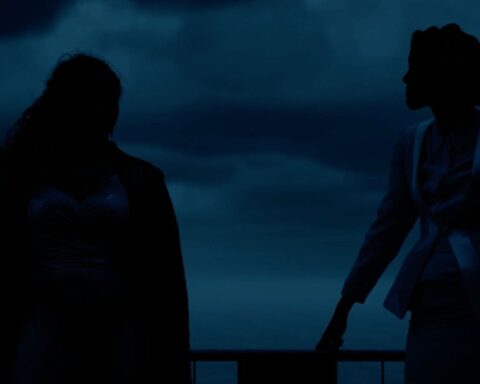Neshoma
(Netherlands, 85 min.)
Dir. Sandra Beerends
Program: International Spectrum
It’s rare to watch a film that uses the fictional writing of letters as a device to tell a documentary, but there’s at least one which has achieved the level of being a masterpiece: Chris Marker’s Sans Soleil. While Marker took material that could have been made into a travelogue and turned it into something philosophical, veteran Dutch director Sandra Beerends has crafted a massive archive of film and photographs into Neshoma, a brilliant look at a Jewish culture and society that was rapidly disappearing. Using correspondence purportedly written by Rusha, a young Dutch Jewish woman living in Amsterdam, to her older brother Max, working in the Dutch East Indies (now Indonesia), the letters add a human dimension to a depiction of the Netherlands during a tumultuous time in Europe.
The period between the two World Wars anywhere in Europe was fraught with passion, politics, sorrow and regret. The great hopes of 1919—with the ending of the Great War and the influenza plague—were dashed by the rise of totalitarian regimes, the Great Depression and, almost inevitably, an even worse global conflict by 1939. The Dutch, who were spared the First World War by claiming neutrality, weren’t anywhere as lucky in the Second, when the Nazis ignored peace negotiations and conquered their nearest northern neighbour. What happened to the Christians in the Netherlands was devastating—poverty, lack of food and, worst of all, their freedom—but the fate of the country’s Jews was far worse. It’s estimated that 75% of the Dutch Jews died in the Holocaust with only 5,000 of the 107,000 returning after the war.
“Neshoma” means “soul” or “spirit” in Yiddish, the language that was nearly destroyed in the Holocaust along with the mainly cultural and peace-loving European Jewry who spoke it. Rusha’s letters evoke the spirit of a heady time, when socialism—a belief held by her father and many secular Jews—butted up against formal religion—adhered to by her husband and more conservative elements in their society. Those of us who have traveled to Amsterdam, possibly for the great documentary festival IDFA, will be familiar with the Tuschinski theatre, lovingly restored in recent years, built in an architectural style combining Art Deco and Nouveau with other styles of the 1920s. Tuschinski was the most famous Jew in Amsterdam, and he perished in the Holocaust. His name and the theatre are featured in Neshoma as are astonishingly vivid shots of the market places, shops, cinemas and music halls that were so much a part of the grand city that was pre-war Amsterdam.
Unlike many European cities, Amsterdam didn’t suffer from severe bombings so the architecture and feel of its older sections maintain an aura of history. In Occupied City, Steve McQueen’s obsessively detailed documentary about Amsterdam released last year, audiences got to see houses that used to belong to Jews and still exist, but the lives of their the former inhabitants have been erased since the Holocaust. Neshoma isn’t as strong as Occupied City, but its gentler approach may make the film more accessible to audiences than did McQueen’s overwhelming masterpiece.
Sandra Beerends has made a deeply moving film about one of history’s great tragedies. The fate of the Dutch Jews is irreversible but the last era in which they were able to enjoy life in Amsterdam is beautifully restored in this archival hybrid treasure. Neshoma may not be Sans Soleil or Occupied City, but it is a poetic documentary that is definitely worth viewing.




